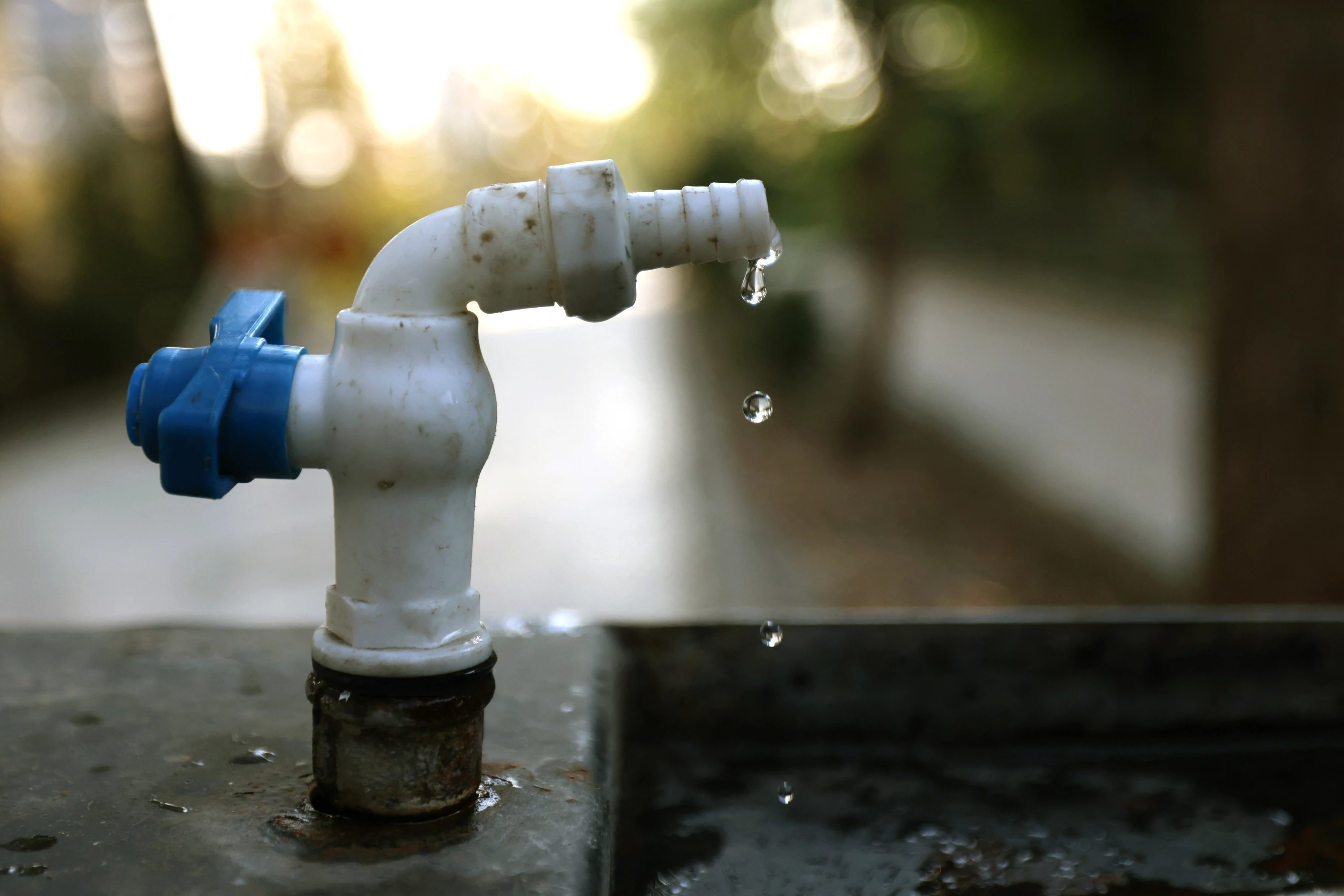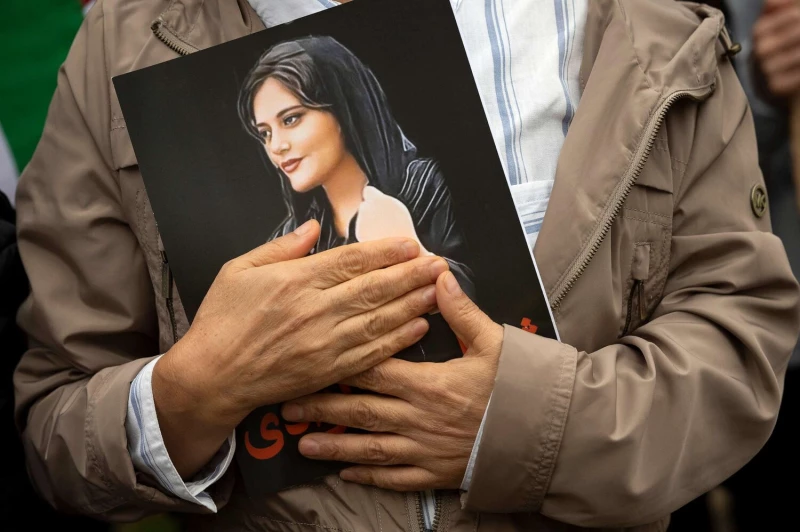ERBIL, Kurdistan Region of Iraq - More than half of Tehran’s water supply now comes from new government-drilled wells, a city council member said Sunday, adding that the Iranian capital’s long-term water strategy plan will be finalized soon.
Iranian President Masoud Pezeshkian warned earlier this week that if no rain falls in Tehran by next month, the government will have to ration water, and if the drought continues, "we have to evacuate Tehran."
He has earlier suggested several times that the capital should be changed to another if the issues are not solved.
“Currently, with the numerous wells that the Ministry of Energy has drilled, more than half of Tehran's water is supplied [by them],” Tehran City Council member Mohsen Pirhadi said on Sunday, according to the semi-official ISNA news agency.
Pirhadi stressed that the water situation in Tehran “is one of the city's major challenges,” with the city’s water resources under “great pressure.”
Iran has faced severe water shortages in recent years, which have intensified over the past few months.
Energy Minister Abbas Aliabadi on Saturday announced that water will be periodically cut in Tehran to reduce consumption owing to the shortages.
State media in recent days have been informing Tehran residents about potential water cuts, highlighting the likelihood that the plan may be implemented.
“This year's water crisis is more severe than Tehran's water supply has ever experienced, and it is predicted that this crisis will continue until the end of autumn,” Pirhadi said.
Tehran's comprehensive raw water plan will be finalized in the city council on Tuesday, Pirhadi noted.
Iran’s energy shortages left citizens struggling during the summer, with hours-long cuts making the heat nearly unbearable.
Pirhadi blamed Tehran’s shortages on population growth and mismanagement by previous governments, as the capital is designed for “about five million people,” he said.
The city’s population is currently roughly 10 million.
In August, the government urged the public to help address severe water and electricity shortages by conserving and managing consumption, emphasizing that citizen cooperation is essential.
In the past few months, the government has declared official holidays for public institutions and banks to save energy, causing delays in administrative tasks.
State media reported in August that 56 percent of Iran’s dam reservoirs were empty, with inflows down 42 percent, while Lake Urmia in West Azerbaijan province faces unprecedented water loss and could dry up this year.



 Facebook
Facebook
 LinkedIn
LinkedIn
 Telegram
Telegram
 X
X


